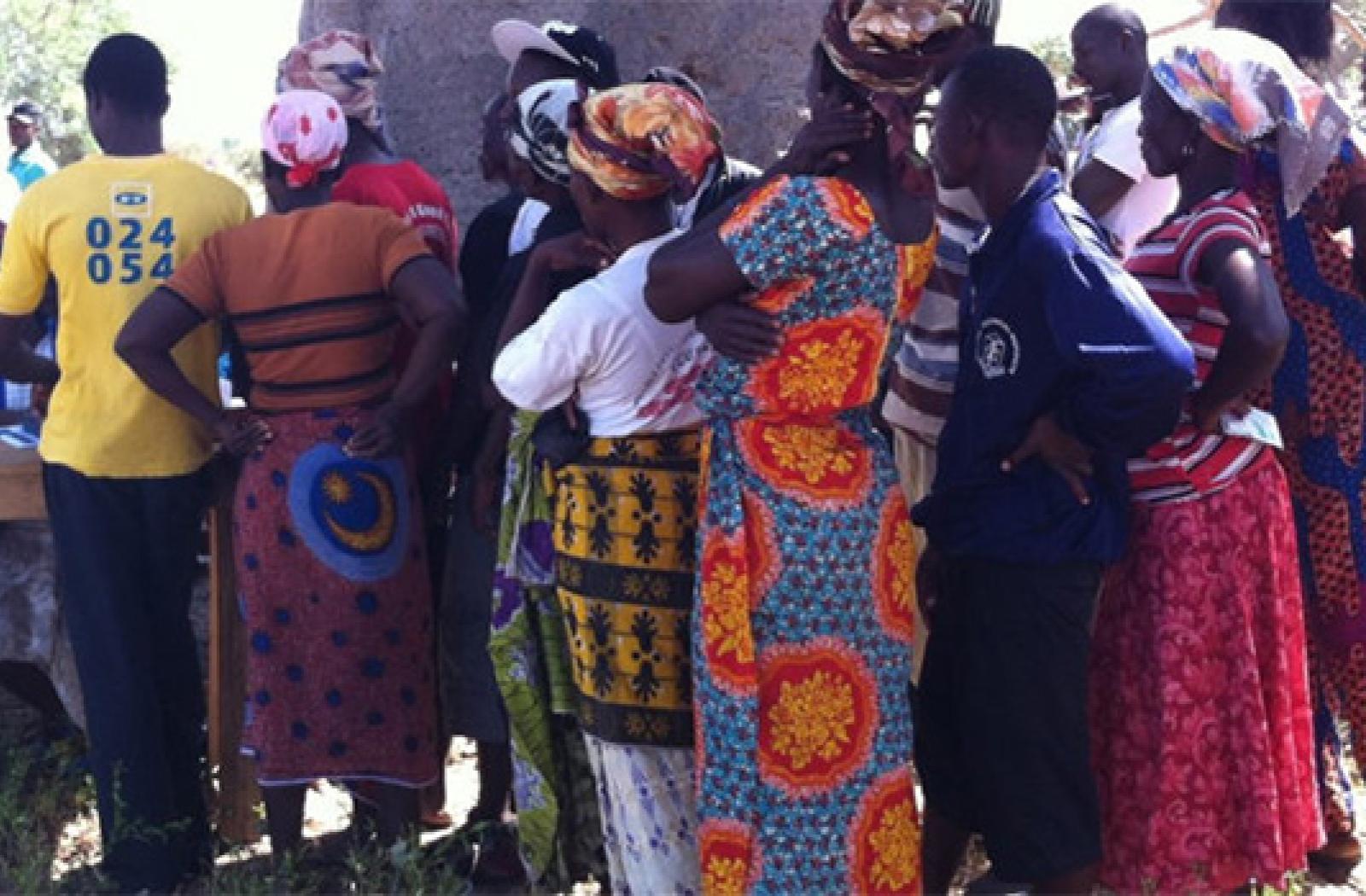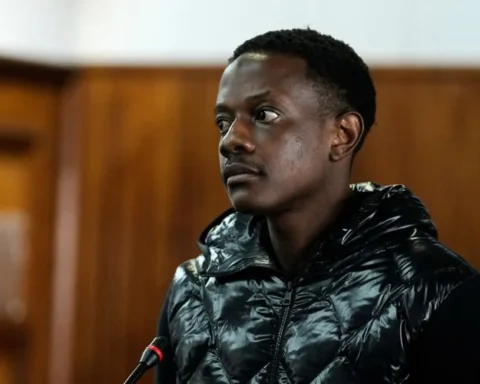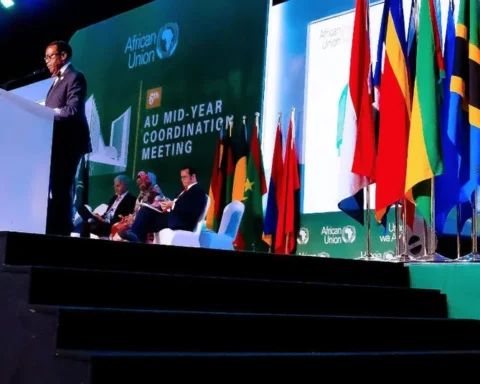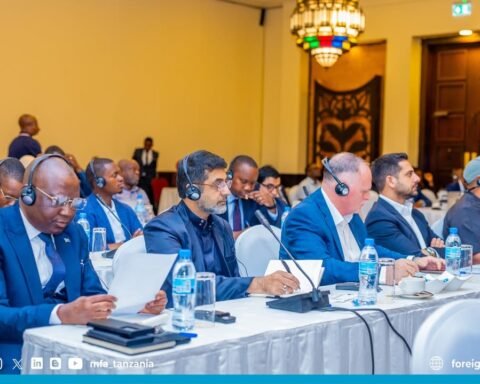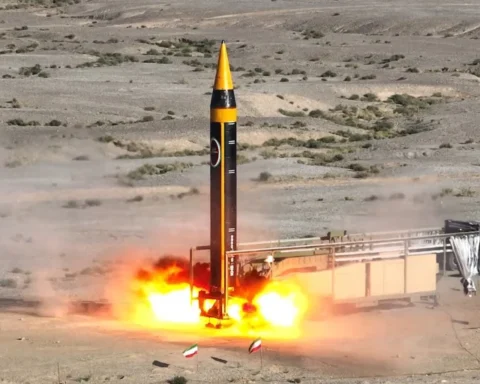Ghana has entered a crucial election day as voters head to the polls, weighed down by the nation’s ongoing debt crisis and high living costs.
These economic struggles are on the minds of many as they choose a new leader, with outgoing President Nana Akufo-Addo stepping down after serving two terms in office, the legal limit.
This election guarantees a change in leadership, with former President John Mahama, who served from 2012 to 2017, attempting a political comeback as the candidate for the National Democratic Congress (NDC). Mahama faces a tough challenge from Vice-President Mahamudu Bawumia, the candidate for the ruling New Patriotic Party (NPP). If Bawumia triumphs, he will make history as Ghana’s first Muslim president.
Other notable candidates include Nana Kwame Bediako, a businessman with strong support from younger voters, and Alan Kyerematen, who defected from the NPP last year.
A notable development in this election is the presence of female candidates. Despite recent reforms aimed at increasing female representation in Ghana’s politics, only one woman is running for president—Nana Akosua Sarpong Frimpomaa from the Convention People’s Party (CPP). Unfortunately, Akua Donkor, another female candidate from the Ghana Freedom Party, passed away in October. Her name will remain on the ballot, though, as her successor was disqualified.
Approximately 19 million Ghanaians are registered to vote, and the election will decide both the president and members of parliament in 275 constituencies across the country. Ghana has a history of competitive elections, with candidates from the NDC and NPP typically vying for power. No party has won more than two consecutive terms in office, and this election promises to be no different.
Also Read; Ghana’s Vice President Introduces E-Gate System
The voting window for today is from 07:00 to 17:00 GMT, with results expected within three days. If no candidate secures more than 50% of the vote, a run-off will take place by the end of December.
With inflation having soared to 54.1% in 2022, followed by the country defaulting on its debt repayments that year, the economic situation remains a top concern for voters. Unemployment, particularly among the youth, is also at an all-time high, further shaping the political climate. These issues have prompted Mahama to promise a future of opportunity and prosperity, while Bawumia defended his government’s record, claiming it has outperformed Mahama’s administration despite the challenges faced.
The outcome of this election is expected to shape Ghana’s political and economic landscape for years to come, with the youth vote likely to play a pivotal role in determining the next president.

